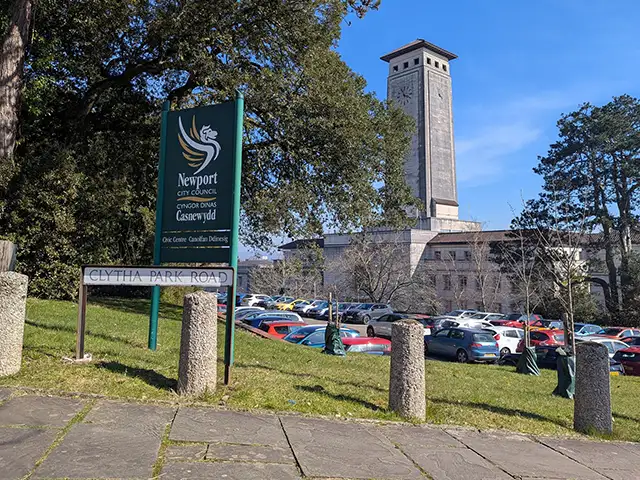Support quality, independent, local journalism…that matters
From just £1 a month you can help fund our work – and use our website without adverts. Become a member today

Just one Gwent council is funding a mental health support service helping people dealing with homelessness and substance misuse.
Newport City Council has a specialist programme to address issues such as drug or alcohol misuse among people who are mentally unwell or deal with issues such as homelessness.
But Dr Liz Andrew, a consultant clinical psychologist for Gwent’s Aneurin Bevan University Health Board, said the service is only funded in Newport, and hasn’t yet been expanded to other councils – though it is being considered in Caerphilly County Borough.
Why is Caerphilly in Gwent?
Caerphilly County Borough was formed on April 1, 1996, by the merger of the Rhymney Valley district of Mid Glamorgan with the Islwyn borough of Gwent.
Administratively, for local services such as the police and health, the borough now falls under a wider region referred to as Gwent. This comprises the council areas of Caerphilly, Newport, Torfaen, Blaenau Gwent and Monmouthshire.
Dr Andrew as speaking at a Monmouthshire County Council meeting, where staff from mental health charity Mind outlined a number of barriers people in mental distress experience while trying to access support, including if they are using alcohol or other drugs.
In Newport, the health board funds the COG service with the city council to support those who might be using drugs and alcohol, are homeless, or members of staff who may have “too much shame” to seek help otherwise, said Dr Andrew.
“Because of the way it is funded, that only happens in Newport. It would be really good to reduce variation of that across the health board and Caerphilly are keen to work on that.”

Statistics such as attendance at A&E, how people are signposted to other support, and relapse and reconviction rates are used to evaluate its effectiveness.
Dr Andrew said: “It evaluates really well to the point they (Newport) recurringly fund it, using the housing revenue support grant to continue the funding around the homelessness support project.
“What we know is that if we reduce emergency evictions, and if we support people’s mental wellbeing and we reduce re-traumatisation, that generally people are less likely to enter a suicidal crisis. It looks at those sort of factors in the evaluation.”
Support quality, independent, local journalism…that matters
From just £1 a month you can help fund our work – and use our website without adverts.
Become a member today
